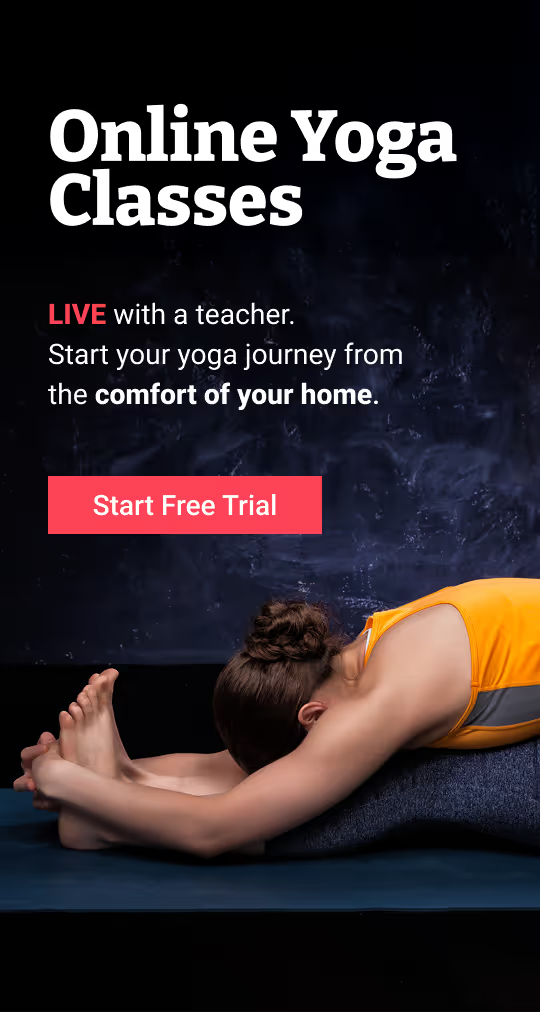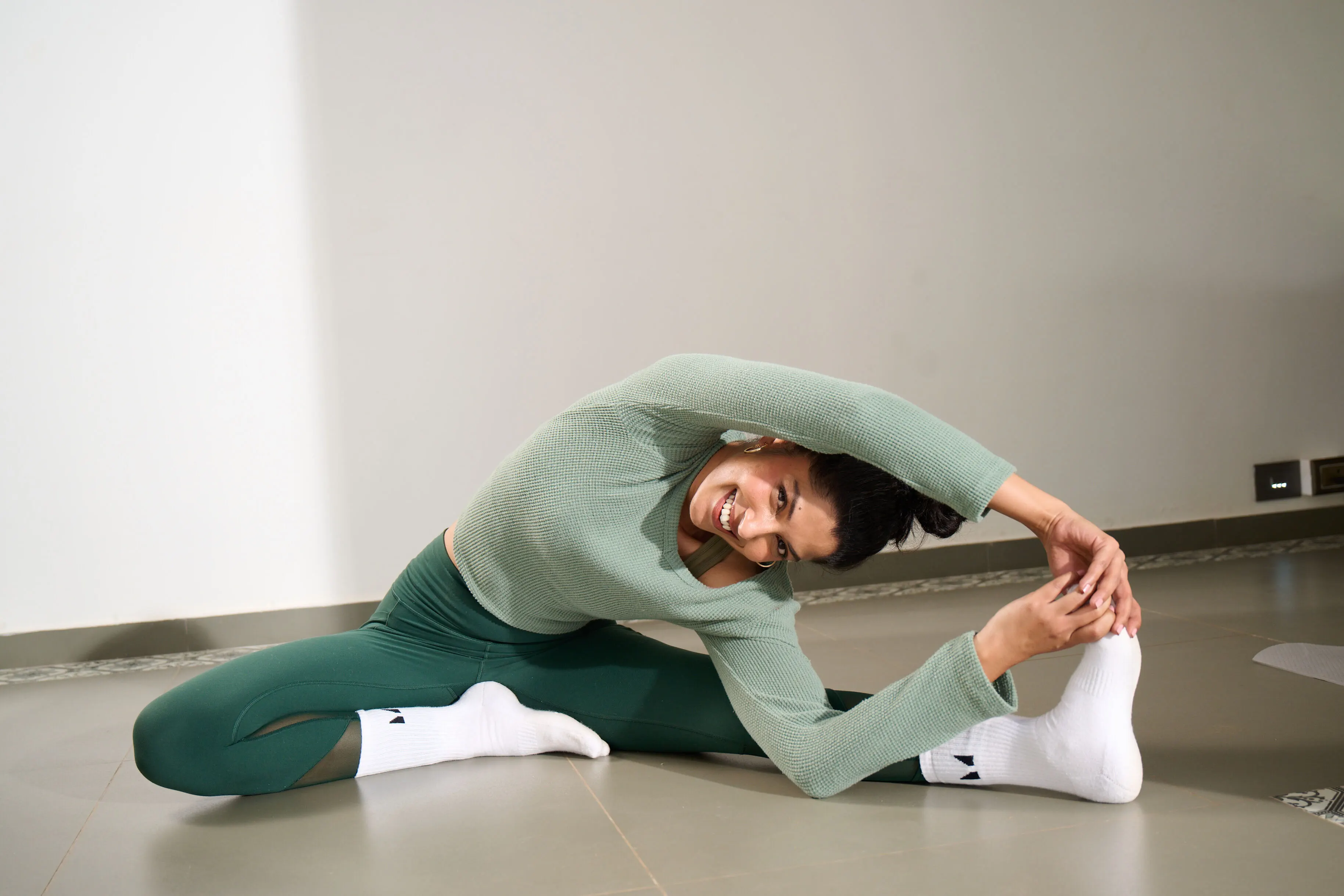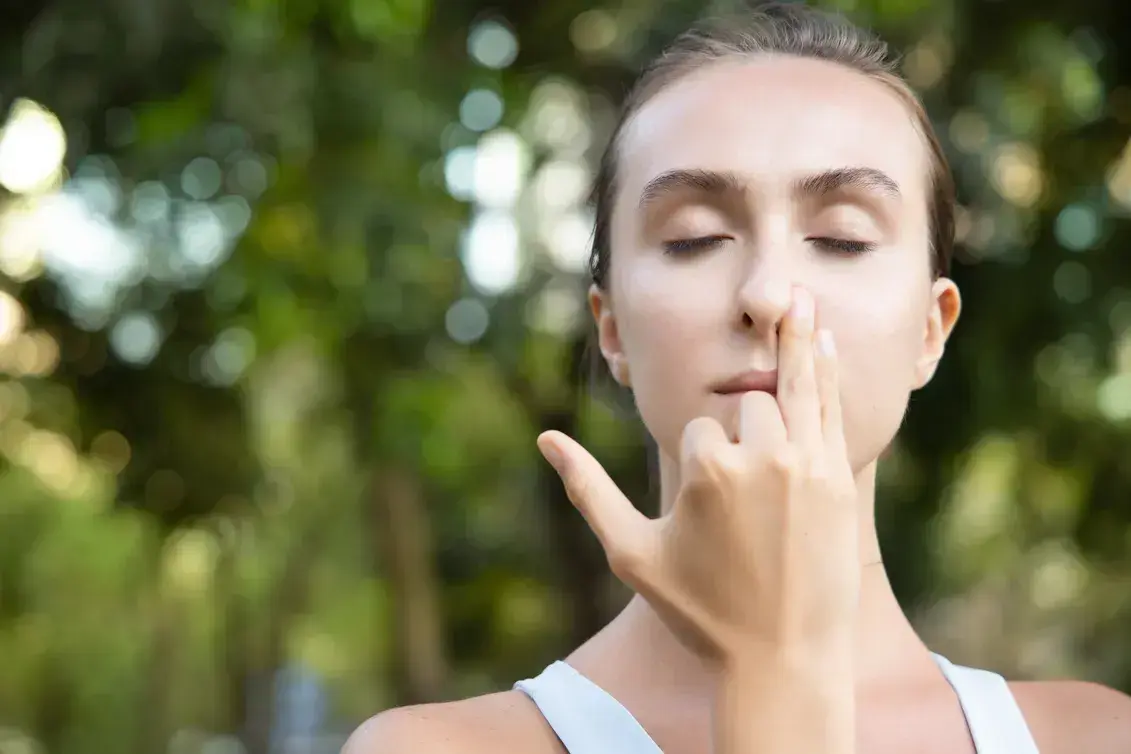A mind-body practice, yoga is your answer to achieving ultimate health, fitness and wellness goals. With a combination of physical, physiological and psychological benefits, the various yoga practices aim to promote good health, a balanced lifestyle and a mindful way of living. The best part is breaking away from all the misconceptions and myths, you don’t have to be flexible or young or thin or strong to start yoga. Yoga helps you get there - it makes you flexible, stronger and fitter. Begin your practice with an experienced teacher, learn and progress in an injury-free way and you’ll soon be in awe of your own achievements!
Yoga and its benefits
Regular practice of yoga provides physical, physiological and psychological benefits. Whether it is yoga postures, breathing techniques, or cleansing practices, yoga strengthens the organs and systems, improves blood circulation and oxygen supply and removes toxins from the body. Joint health improves, muscles and tissues get stronger and flexibility and mobility gets better. The nervous system gets balanced, reducing stress, anxiety, tension and depression.
Breath plays a key role through all of this. It is the most powerful tool that we learn to use the right way through yoga practices. We can access and control the breath, breathe more deeply and correctly, which benefits everything from positive thinking to improved oxygen supply.
Over time, practitioners notice improved mindfulness and awareness, better diet choices, better control over thoughts and emotions and an improved state of being. This positive impact on a mental and physical level leads to a feeling of being happier and more balanced.
Styles of yoga

There are various types of yoga practices today that are suitable for beginners. Here are a few.
Hatha yoga
Hatha yoga is a slow-paced practice that focuses on the breath. Every posture is practiced with complete awareness of the breath. This yoga for beginners practice can be challenging when one is aiming to hold postures for longer. But with the right guidance of certified yoga teachers and when practiced safely, beginners can achieve the poses with a little practice. Typically, Hatha yoga is relaxing yet energizing.
Vinyasa yoga
This one can be challenging for beginners. However, if practiced with the right guidance, beginners can do vinyasa yoga. Vinyasa yoga classes are fast-paced, dynamic and energizing. They are also practiced with focus on the breath. These flows help burn calories, stimulate the digestive fire and improve strength and stamina.
Ashtanga yoga
These classes are also challenging, however they strengthen, balance and calm the mind and body. Beginners should practice this with a teacher to know the right breath cues and avoid injuries.
Restorative yoga
Perfect for beginners looking to restore and relax, restorative yoga is a calming practice that rejuvenates the mind and body. They focus on releasing stress and tension through gentle, purposeful movements.
Pranayama for beginners
Pranayama refers to breathing techniques which enable us to access and control the breath. ‘Prana’ means life force and ‘Yama’ means regulation. Through pranayama we can control the life force within us. There are various breathing techniques for beginners. A few examples are Alternate Nostril Breathing, a balancing breathing technique, Humming Bee Breath, a cooling pranayama, Oceans Breath, also a cooling pranayama, and Bellows Breath and Frontal Lobe Cleansing, both of which are energizing practices. With just five-minutes of pranayama on a regular basis you will notice immense benefits such as reduced stress levels, better sleep, a calmer mind, less fatigue and more energy, among others.
Meditation and relaxation for beginners
Modern science has provided sufficient proof on the numerous benefits of meditation. Sitting for 10-20 minutes in meditation regularly improves your focus and productivity, sleep quality, stress levels, balance and mental strength. As a beginner, you can begin with 10-minutes of meditation and simple techniques such as body-scan meditation, breath meditation and visualization. Gradually, as you are able to sit for longer, you can try other techniques like mantra meditation. Yoga Nidra is a guided relaxation technique that works wonders on the mind and body. It is therapeutic in nature, very relaxing and is known to improve sleep. For beginners, the best way to learn these practices is to join a live class where a teacher will guide you. This way you will be less distracted and more motivated to learn the practice.
Popular beginner-level yoga poses
While there are different styles of yoga, there are a few yoga postures that are perfect for beginners. Examples of such poses include the Mountain Pose (Tadasana), Standing Forward Fold (Uttanasana), Tree Pose (Vrikshasana), Triangle Pose (Trikonasana), Warrior 1 and 2 (Virabhadrasana 1 and 2), Extended Side Angle Pose (Parsvakonasana), Downward Facing Dog (Adho Mukha Svanasana), Plank Pose (Phalakasana), Cobra Pose (Bhujangasana), Bow Pose (Dhanurasana), Bridge Pose (Setu Bandhasana), Cow Face Pose (Gomukhasana), Easy Spinal Twist Vakrasana and the Corpse Pose (Savasana).

How can beginners create a habit of practicing yoga
Yes, it is tough to stick to a new routine and make a habit out of it. It takes a minimum of 21-days to make anything a habit. Along the way there will be numerous excuses your mind will want to make up, but staying mindful and making the effort to say ‘no’ to the excuse is the first step. Gradually, your mind will realize these are all just that - excuses. One of the strongest ways to stick to your habit is to invest in it. So, if you are trying to start yoga, invest in a Shvasa yoga class or join a 200-hour yoga teacher training. When you have invested money, you will automatically want to show up. Once you start seeing the benefits, the excuses will fade away. Give yourself credit and celebrate your wins. You’ll be more motivated to show up and stick to your habit!
Finally, as beginners it is good to define your goals. That way you know what you are working towards improving - is it better sleep? Weight loss? Stress management? If you are unsure of this, you can speak to Shvasa’s counselors who are here to help you understand what your mind and body needs and ensure you join a class that is right for you.















.jpg)











%201.png)

%201.svg)






%201.svg)